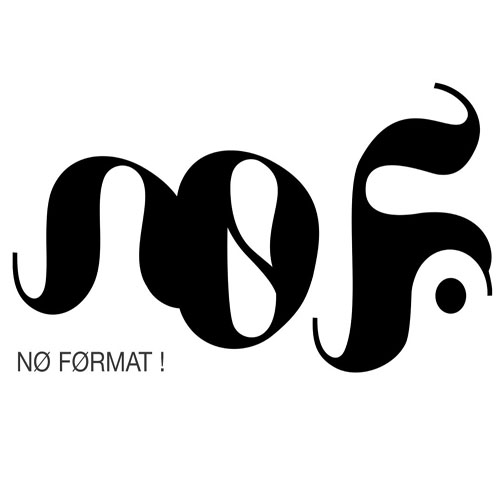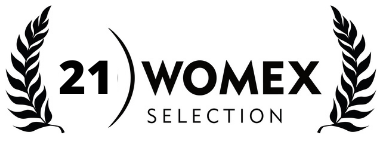
NEW ALBUM
“Brasiliano”
Nø Førmat / 2026, Feb. 27th
Born 1970 in Salvador de Bahia, son of Roberto Sant’Ana, legendary producer of the Tropicalistas (Gilberto Gil, Caetano Veloso and Santtana’s uncle, Tom Zé), Lucas Santtana was called upon by his elders to play on “Tropicalia 2” and Gilberto Gil Unplugged, before braving the electro-rock of Chico Science and Naçao Zumbi. In 2000, he released his first album “Eletro Ben Dodô” whilst continuing to write songs for the stars of MPB, from Marisa Monte to Daniela Mercury, Céu etc.
In 2011, Lucas Santtana made his mark in Europe with the help of the British label Mais Um Disco! who introduced the artist to DJ Gilles Peterson’s and his BBC radio programme Worldwide. In 2014, Santtana signed to the French label No Format! who helped him to gain access to the Francophone world.
Santtana, with his suave voice and gentle guitar, already used electronic sampling and atmospheres in the past (on “O Deus Que Dévasta Mas Tam Ben Cura” in 2012, “Sobre Noites e Dias” in 2014, “Modo Aviao” in 2017), before returning to the simplicity of guitar-voice in “O Ceu E Velho Ha Muito Tempo” in 2019. The last album “O Paraiso” was released in 2023 as “a message sent to us by the animal kingdom in the face of a suffocation that has now long been foretold. The floods, fires, droughts, tsunamis, delayed monsoons, melting glaciers and oil spills are all alarm bells that we don’t want to hear.” We should be listening to the shamans, Santtana sings, the indigenous people, the ones who are really civilised.
This time, for his tenth album “Brasiliano“, Lucas Santtana wants to celebrate the languages that unite us and carry our cultures. According to UNESCO, a language dies every 14 days in the world. On this album, he brings together eleven prestigious international artists : Gilberto Gil, Os Paralamas do Sucesso, Chico César, Rachel Reis, Oxmo Puccino, Flavia Coelho, Piers Faccini, Cocanha, Dimartino, Karyna Gomes and Maria Lado. Sung in eight languages, this album is an ode to Brazilian but also to the Romance languages. Between popular rhythms, interwoven voices and luminous arrangements, the Bahian singer-songwriter transforms the language into a musical instrument and a tool for reflection on cultural heritage, identity and collective memory.
in agreement with
 GERMAN MUSIC CRITICS AWARD WINNER 2022
GERMAN MUSIC CRITICS AWARD WINNER 2022
(category “world music”)
Clip – A História Da Nossa Língua Ft. Gilberto Gil (Oct 2025)
Live – Paris, Café de la Danse – Fev 2023
Video clip – The Fool on The Hill feat. Flore Benguigui (L’Impératrice) – Dec 2022
Video clip – Muita Pose, Pouca Yoga feat. Flavia Coelho – Nov 2022
Video clip – Vamos Ficar Na Terra – first excerpt of the new album – November 2022
Live – Antena 3 – Womex Porto – October 2021
Video clip – Ninguém Solta A Mão De Ninguém – November 2019
Video clip – Meu Primeiro Amor feat. Duda Beat – September 2019



